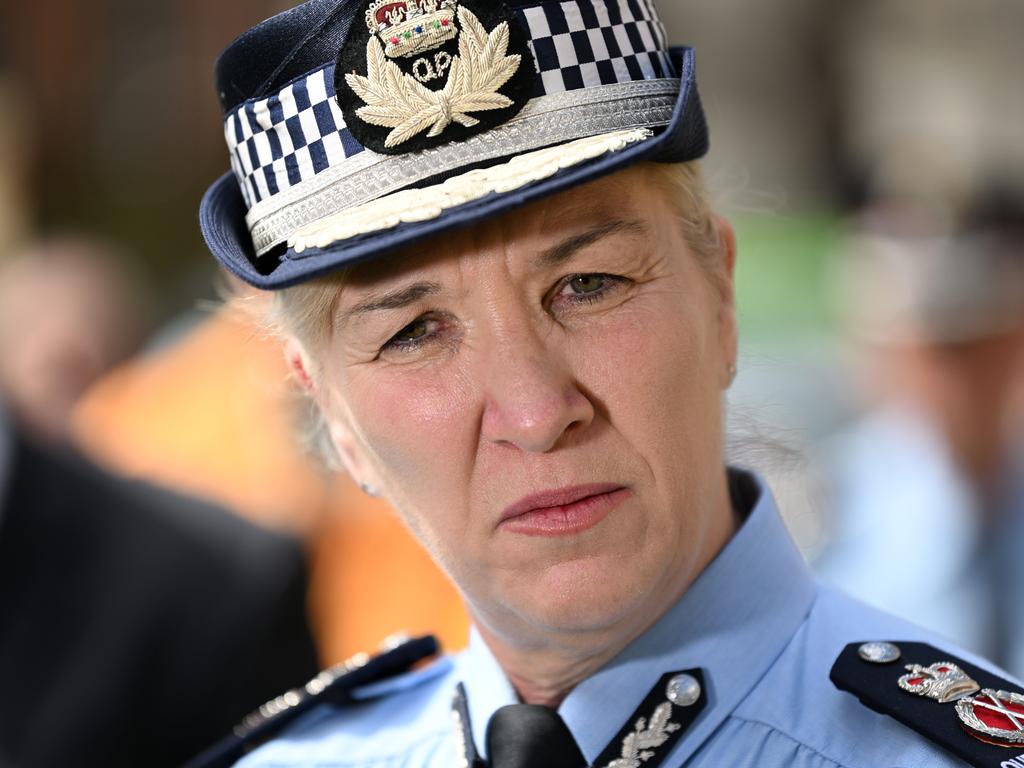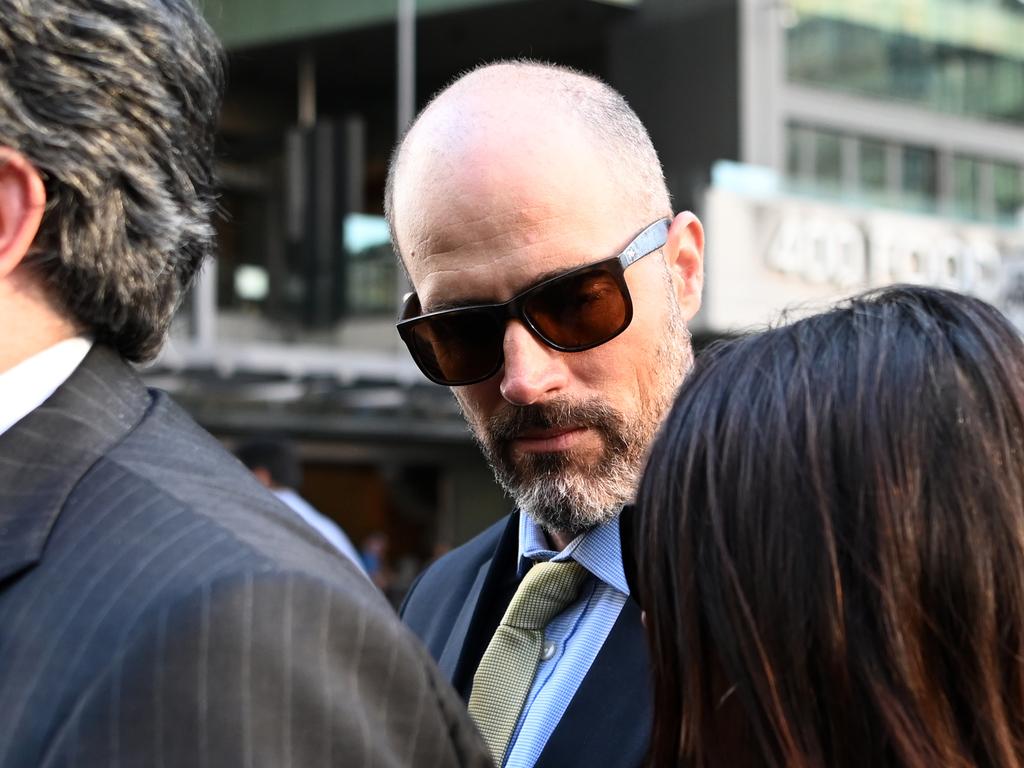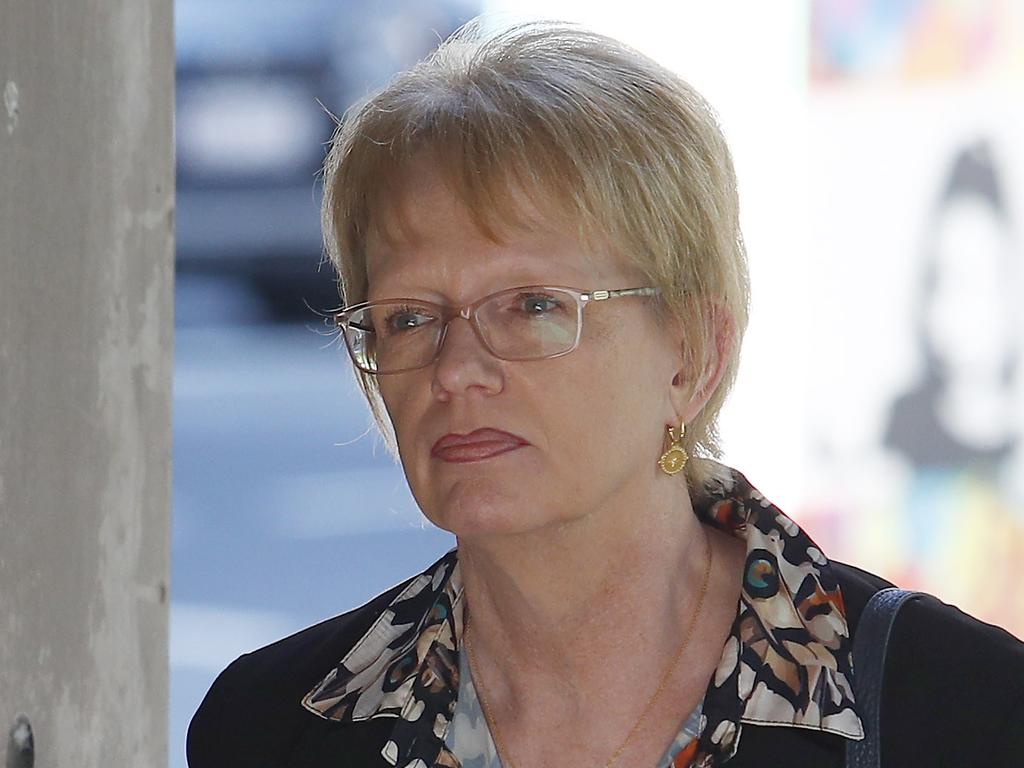Queensland DNA lab chief Cathie Allen: I didn’t commit sabotage
Queensland’s top forensic scientist has been accused of deliberately sabotaging the state’s DNA tests so that fewer profiles would be obtained from crime scenes to help her avoid criticism.
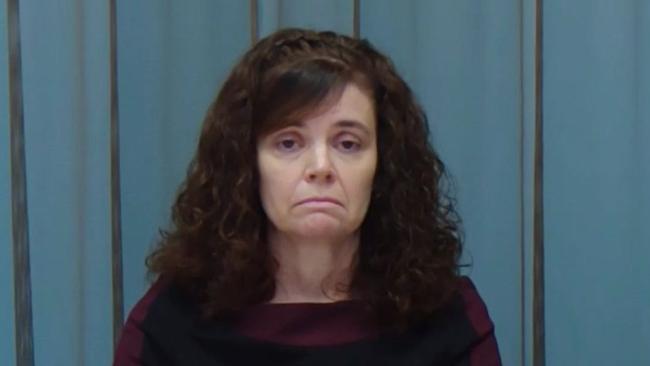
Queensland’s top forensic scientist has been accused of deliberately sabotaging the state’s DNA tests so that fewer profiles would be obtained from crime scenes to help her avoid criticism.
Stood-down managing scientist Cathie Allen, who an inquiry has heard oversaw a toxic workplace, became teary as she blamed her own “human error” for a new testing procedure which may have destroyed crucial evidence in serious and violent crimes.
Ms Allen faced a $6m royal commission-style inquiry into the lab on Thursday afternoon, with counsel assisting Michael Hodge KC suggesting she was giving “false” information.
“The evidence you are giving is a lie, isn’t it?” Mr Hodge asked.
She replied: “No, that is not right. I am not lying.”
Ms Allen, giving evidence via videolink from her solicitor’s office, is accused of introducing a new procedure into the lab in June, after the inquiry was launched, in a bid to derail testing of crime scene samples.
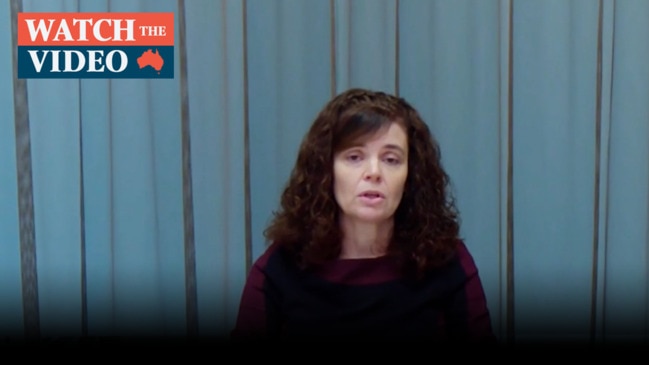
Ms Allen and her deputy, Justin Howes, were behind a 2018 decision to cease testing low-DNA samples taken from major crimes such as murders and rapes.
The unprecedented testing threshold meant evidence from violent crimes was ignored for more than four years, and the eventual testing of samples has already helped detectives identify alleged rapists.
When the inquiry was announced in June as a result of The Australian’s podcast Shandee’s Story, Health Minister Yvette D’Ath said the threshold would be immediately removed and all samples would progress to full DNA profiling. But after being ordered to revert to pre-threshold methods, the lab cut out a crucial concentration step, which senior scientists say had no scientific basis and would detect fewer DNA profiles. Mr Hodge suggested skipping the concentration step was a deliberate move by Ms Allen to try to prove testing below the threshold would not yield good results.
Mr Hodge: “And you did that for a purpose, which was that you wanted the change in workflow to be to one that was less likely to be successful in producing profiles.”
Ms Allen: “No, that’s not true.”
Mr Hodge: “And the reason that you wanted that is because it would then make it look like the decision in 2018 had not been as significant as it was.”
Ms Allen: “No, that’s not true.”
Mr Hodge put it to Ms Allen that she falsely described what was happening prior to February 2018 so that people would think the lab was switching back to that workflow. “That would be to your personal advantage because it would perhaps help you to avoid criticism for the decisions that you had made and brought about in 2018,” he said.
Ms Allen: “No, that’s not true.”
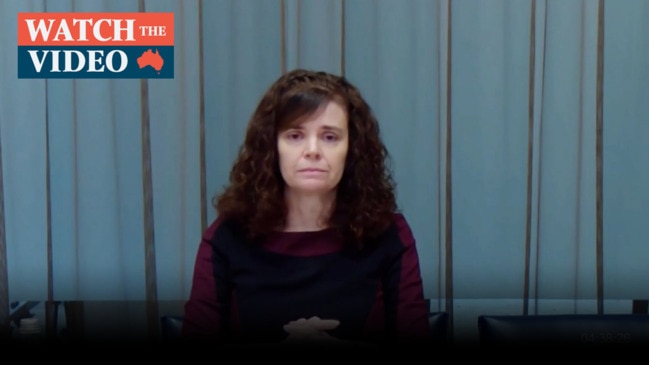
The new procedure was signed off by the state government after Ms Allen recommended it as the preferred option. She told the inquiry she had not meant to recommend the lab skip the concentration step, and did not realise her error until a meeting with health department lawyer Glen Rice KC on August 15.
However, the inquiry was shown an email from one the lab’s scientists, Ingrid Moeller, raising concerns with Ms Allen and Mr Howes about the missing concentration step more than two months prior to that.
“I have been off sick for about two weeks and have missed a lot of the discussions surrounding the recent change,” Dr Moeller wrote on June 20, a fortnight after the new procedure started.
“I’m a little confused and concerned about the new approach (am I missing something).”
Ms Allen and Mr Howes were stood down in September after commissioner Walter Sofronoff delivered an interim report which found lab scientists had made misleading statements to court.
It was during Mr Hodge’s final line of questioning that Ms Allen appeared to become emotional. “I made a human error and I have berated myself since then for that,” she said.
It was also revealed on that the vast majority of Queensland prosecutors were unaware samples listed by the lab as “DNA insufficient for further processing” and “No DNA detected” could in reality yield DNA profiles.
Director of Public Prosecutions Carl Heaton KC surveyed his office’s legal staff. Of 195 people, only four were the aware the lab was capable of conducting further tests on “DNA insufficient” samples.

